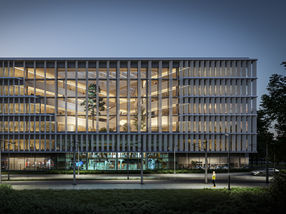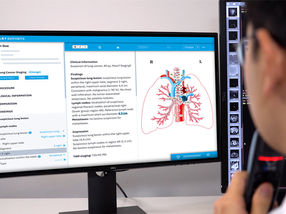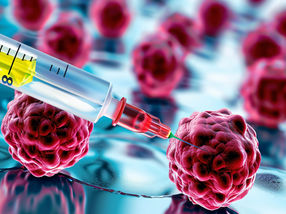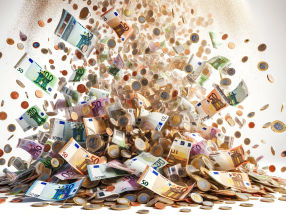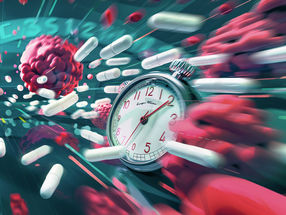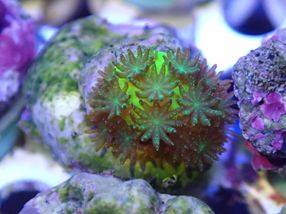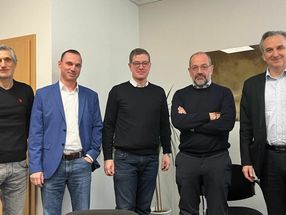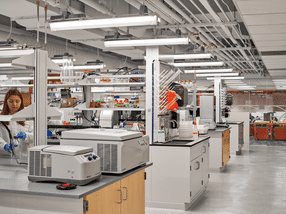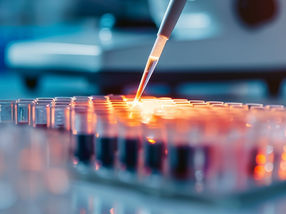Innovative brands remain robust within Kenya’s private pharmaceutical market
Frost & Sullivan case study draws attention to innovator brand preferences in Nairobi
Recent analysis undertaken by the healthcare unit at Frost & Sullivan Africa has highlighted some of the stronger performing brands in Kenya’s pharmaceutical market. Within the anti-infective therapeutic segment analysed, products licensed by GlaxoSmithKline (GSK) were particularly strong across various active ingredient classes. The complete study provides a synopsis of top-selling products within the anti-infective, cardiovascular, and diabetes therapeutic segments at one of Nairobi’s several hospital outpatient pharmacies.
The Kenyan pharmaceutical market was valued at approximately $423.2 million in 2012 at ex-manufacturer prices and today is heavily dependent on the private patient clientele. Affordability remains a primary restraint in the domestic market, along with low reimbursement levels. Increasingly, urban consumers constitute the primary market segment for the Kenyan pharmaceutical market, while private hospital pharmacies remain the principal pharmaceutical vendors within Kenya’s urban pharmaceutical market.
“The Kenyan prescription pharmaceutical market is forecast to grow at a CAGR of 11.8 percent,” notes Frost & Sullivan healthcare team leader Ryan Lobban. “Prescription market segments account for approximately 78 percent of the pharmaceutical market. The fastest growth will occur within the over-the-counter (OTC) market segment at approximately 14.3 percent over the forecast period; while the largest and fastest-growing prescription market segments within Kenya comprise of the cardiovascular, diabetes, and anti-infective therapeutic segments.”
Within the Kenyan pharmaceutical market, GSK is regarded as the market share leader with approximately 12 percent market share, primarily as a result of previous strategies pursued in 2009, which reduces the price of key products by approximately 40 percent. Approximately 41 percent of all anti-infectives sold in pharmacy were licensed to GSK.
“GSK’s dominance in the overall market is largely attributable to its success in the anti-infectives market segment, a therapeutic segment which accounts for approximately 42 percent of all revenues generated in the Kenyan prescription market segment,” states Lobban “The prices of Amoxil® 500mg, Suprapen® 500mg, and Floxapen® 500mg are particularly competitive within the respective active ingredient classes.”
Kenya’s cardiovascular market is the most dominant and fastest growing prescription market segment. The market was valued at approximately $36.0 million in 2012 and is expected to grow at a CAGR of 15.4 percent between 2012 and 2019. The Kenyan diabetes market was valued at approximately $33.1 million in 2012 and is expected to grow at a CAGR of 13.5 percent between 2012 and 2019.
“Based on revenue segmentation, Nebilit® 5mg, licensed to Menarini, was the top-selling cardiovascular product and accounted for approximately 7 percent of the revenues for prescription products sold. Within the diabetes therapeutic segment analysed, Merck Serono’s Glucophage® 500mg was the most popular product based on volume segmentation, accounting for approximately 19.8 percent of all oral hypoglycaemic tablets sold.”
Despite the high penetration of generic manufacturers within the overall industry, a key highlight of the study is the preference of private consumers for innovator-branded products. “A critical success factor within the Kenyan market is the use of distributors with established networks with key vendor outlets,” Lobban concludes.
Most read news
Topics
Organizations
Other news from the department business & finance

Get the life science industry in your inbox
From now on, don't miss a thing: Our newsletter for biotechnology, pharma and life sciences brings you up to date every Tuesday and Thursday. The latest industry news, product highlights and innovations - compact and easy to understand in your inbox. Researched by us so you don't have to.
